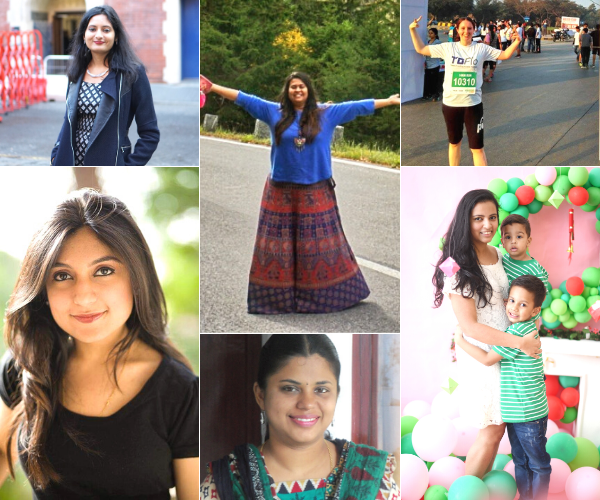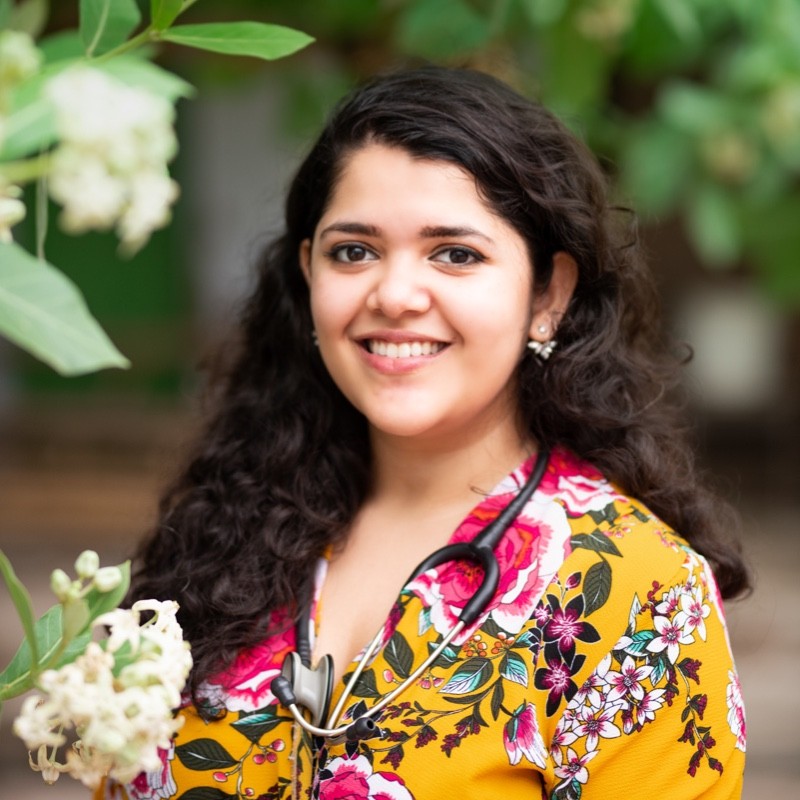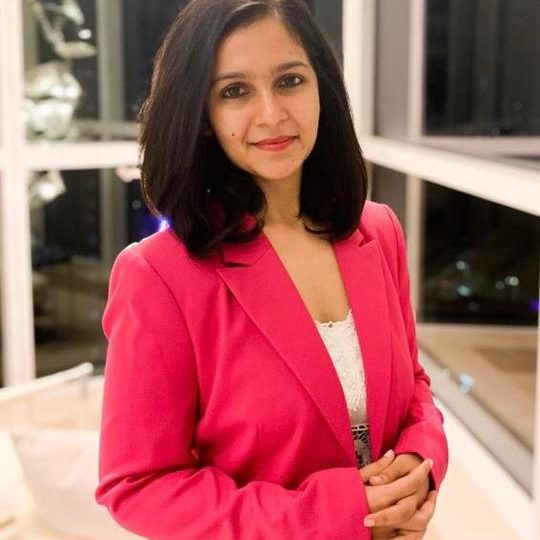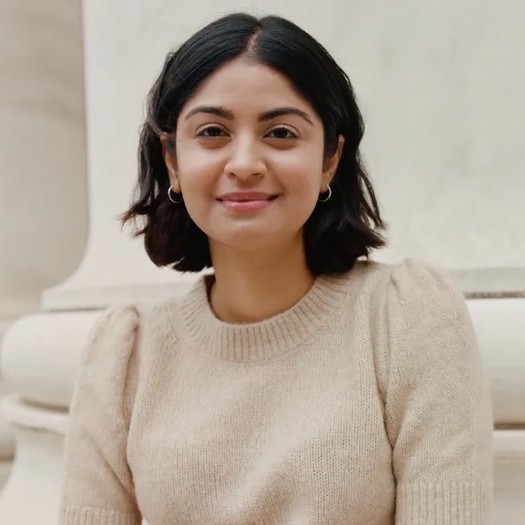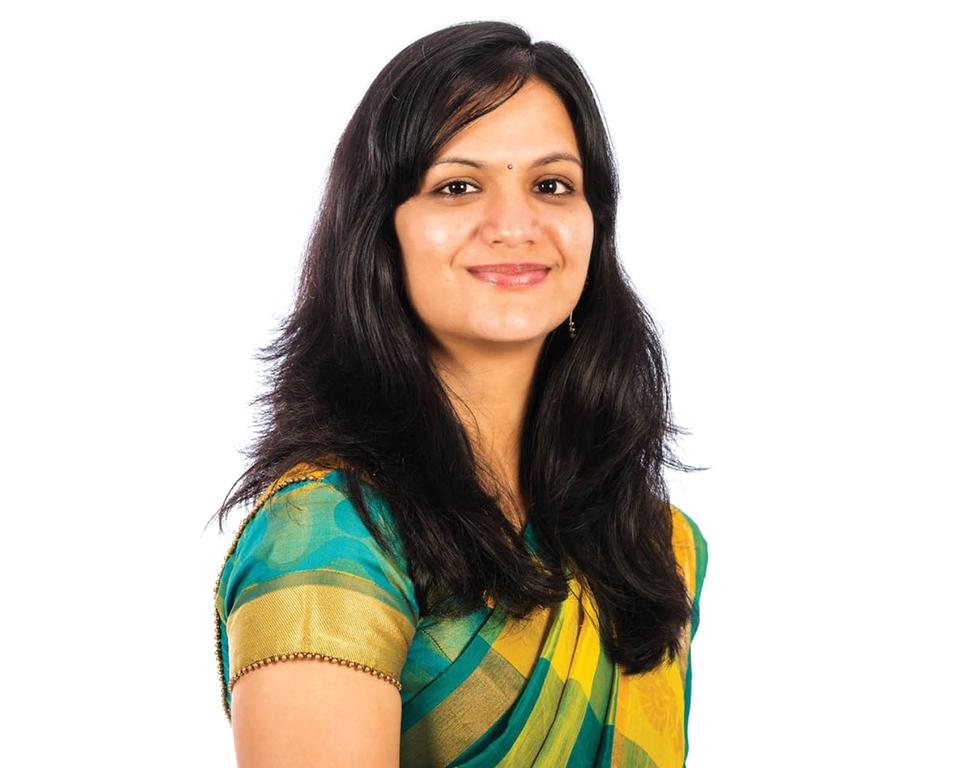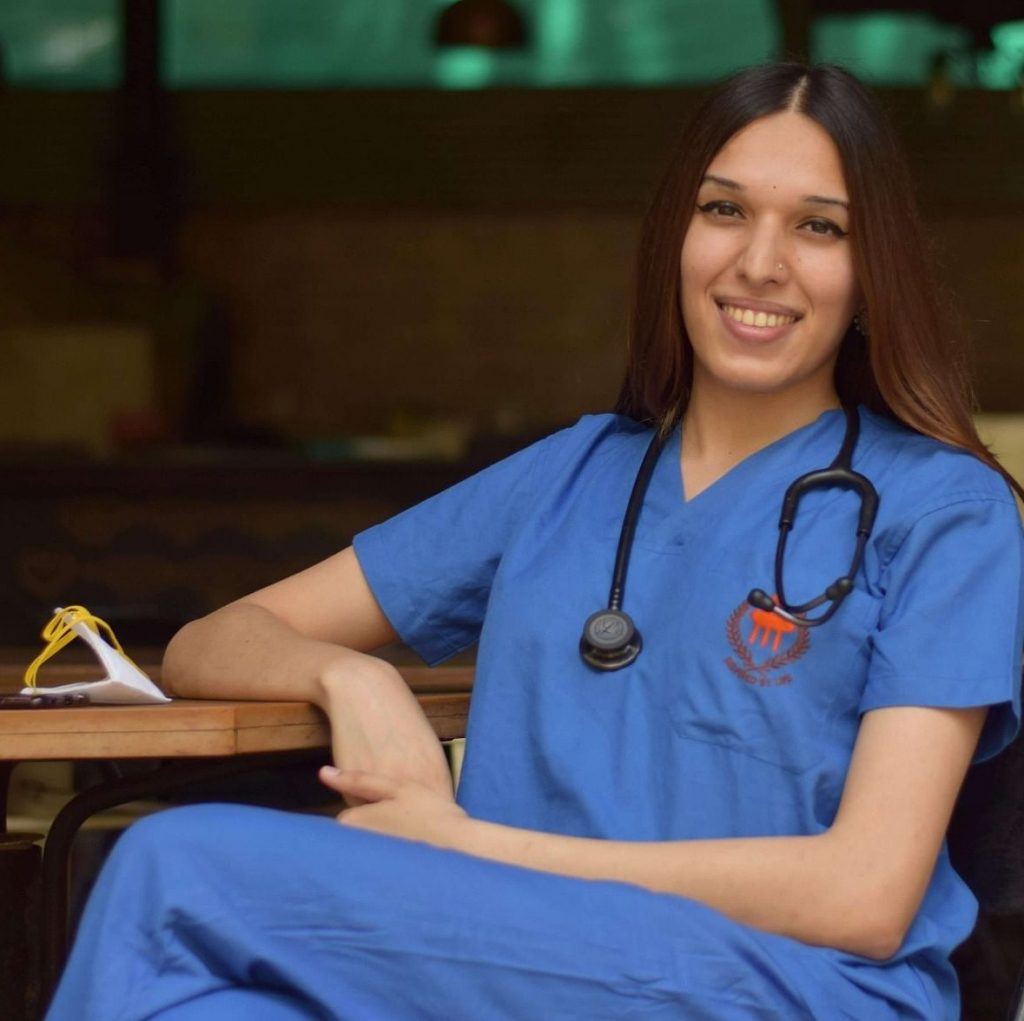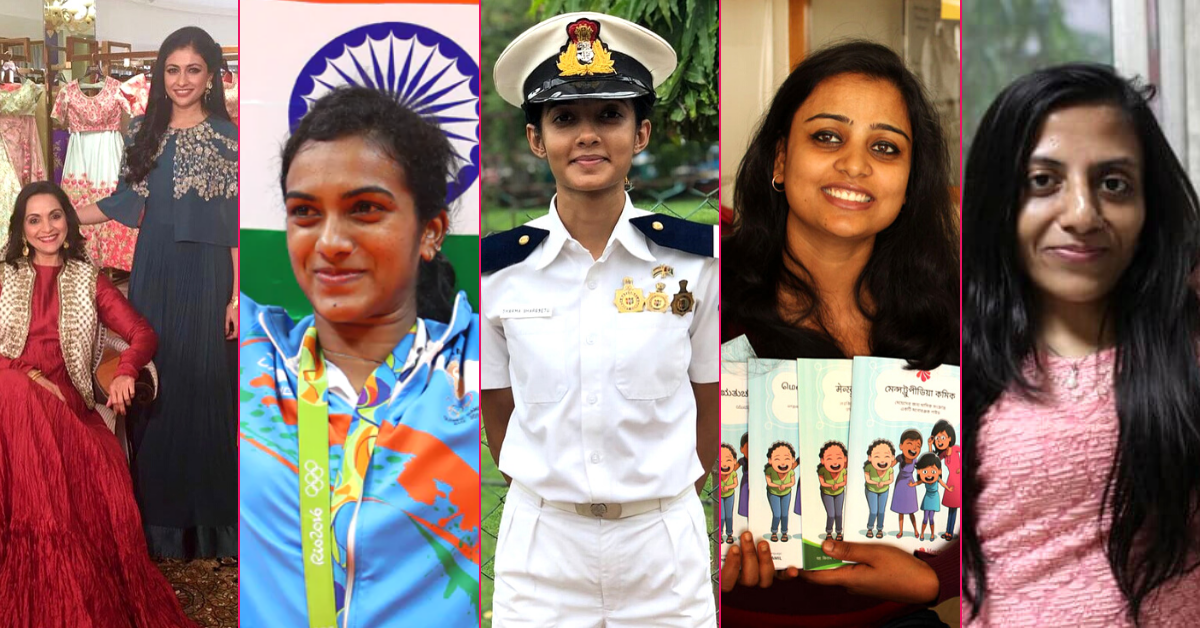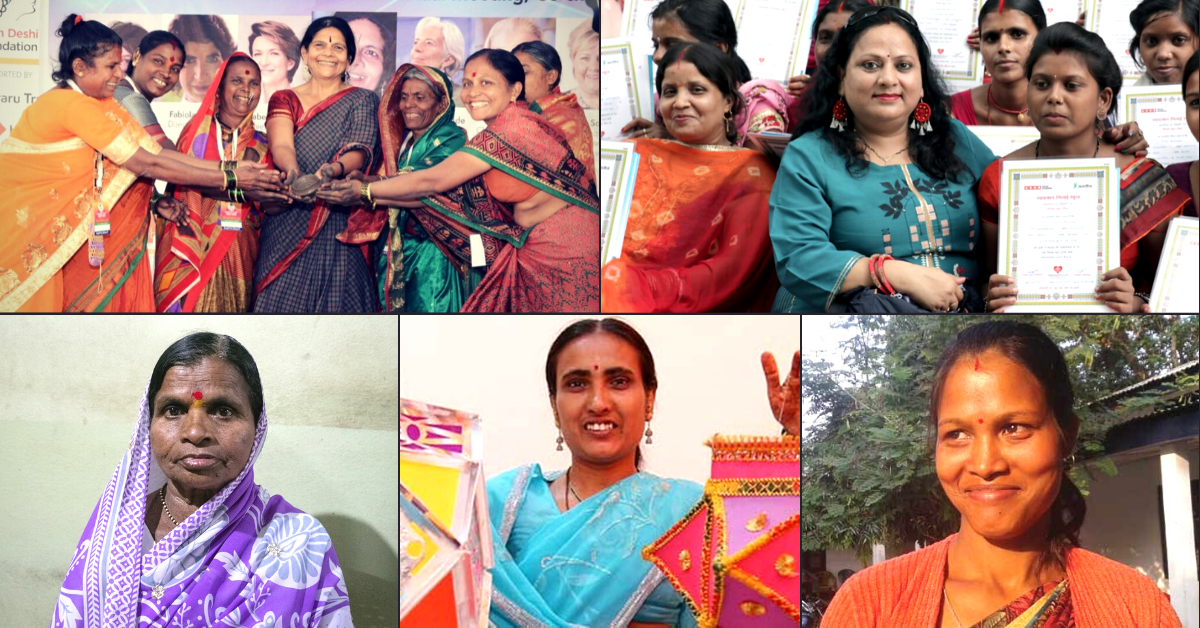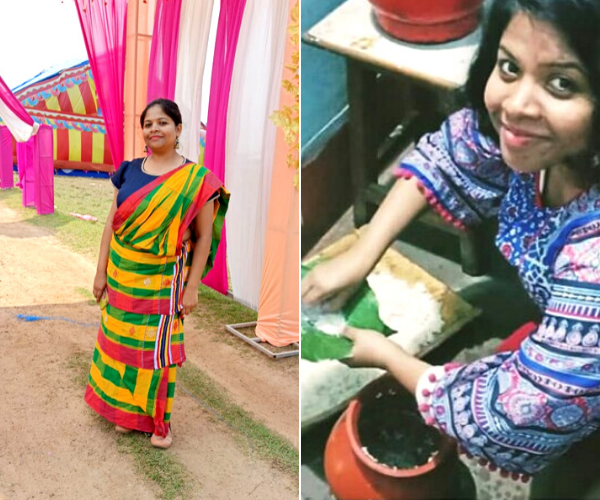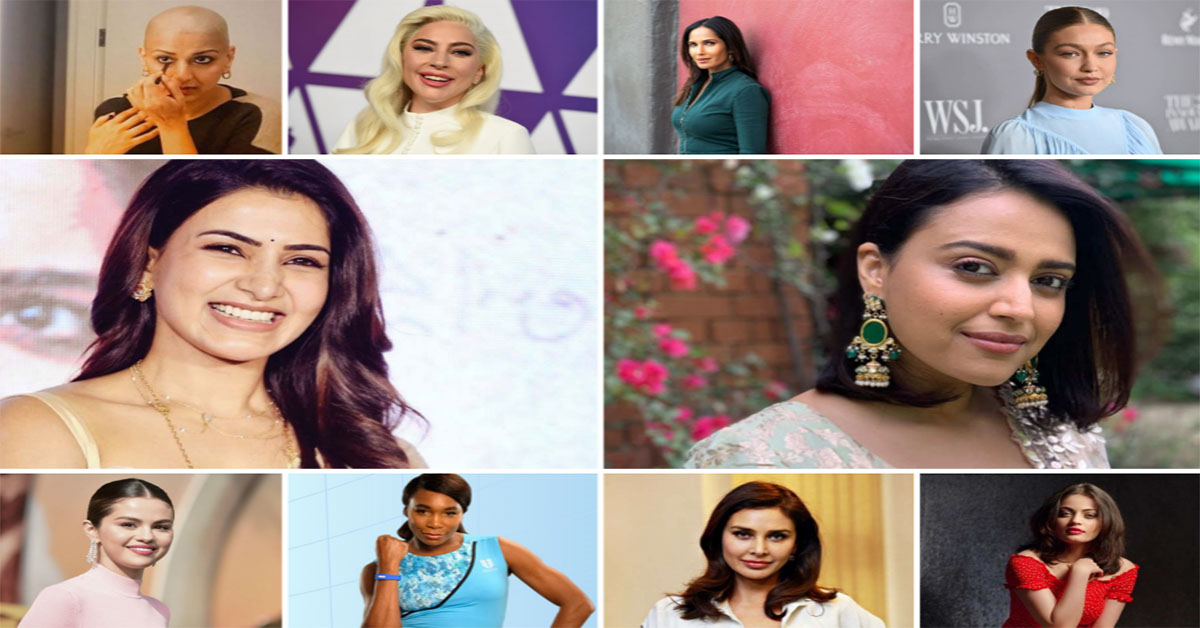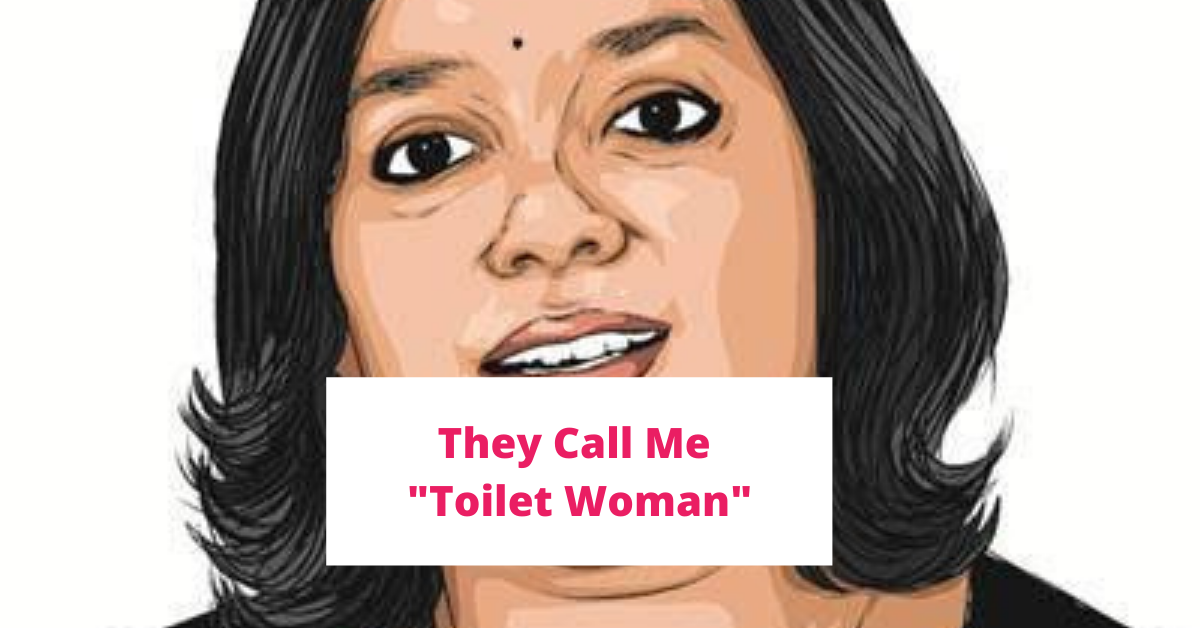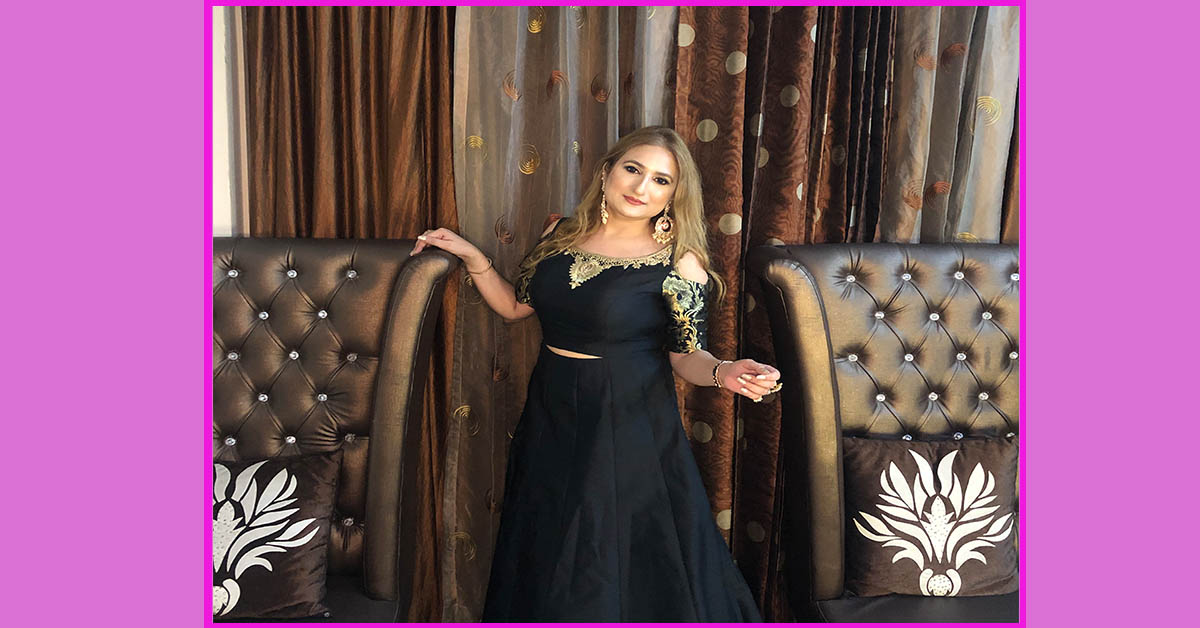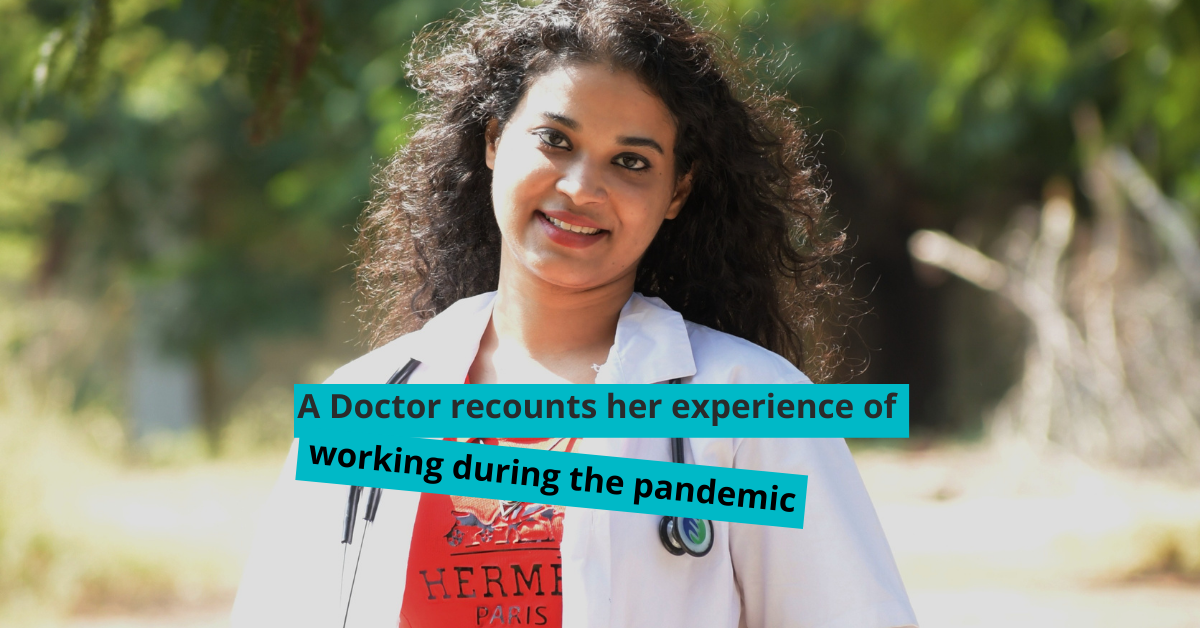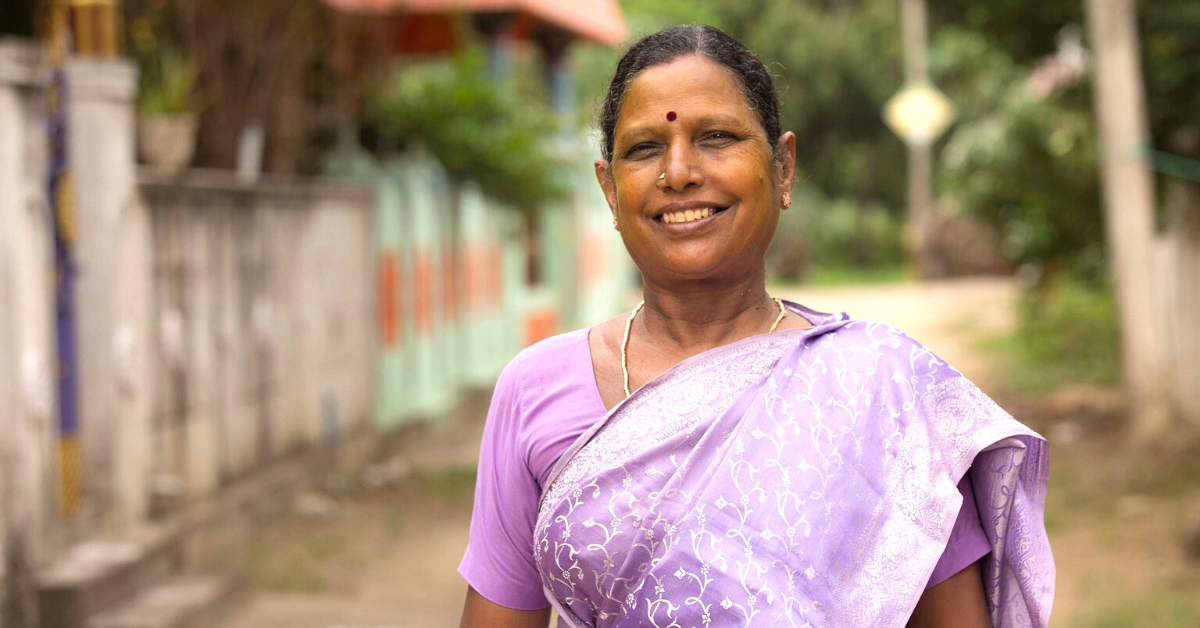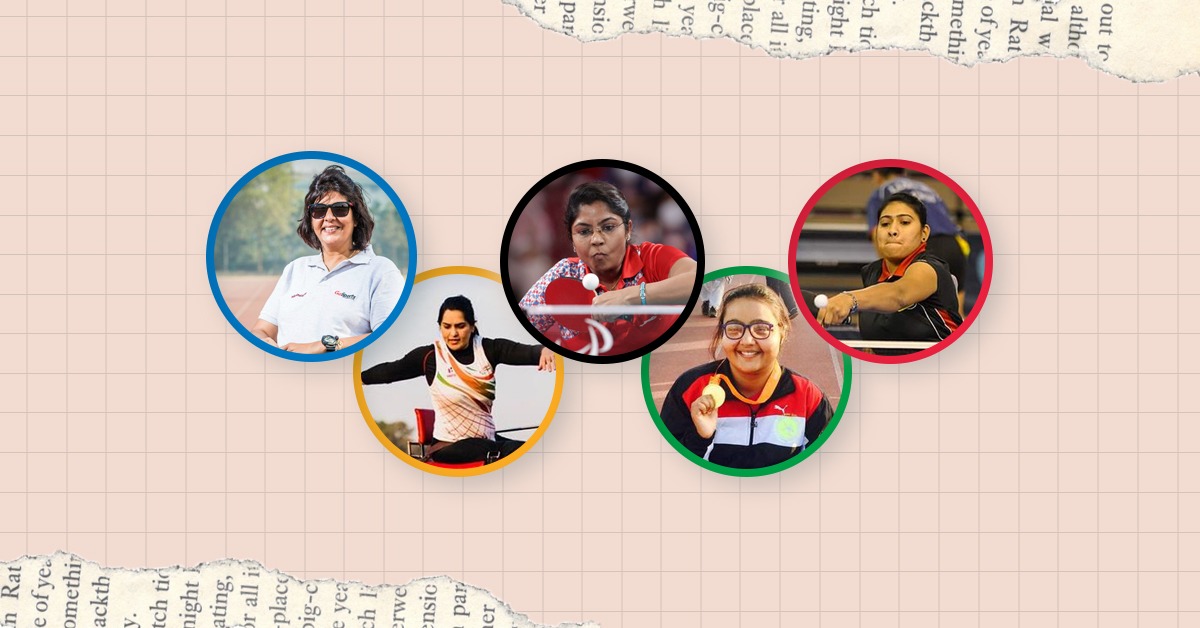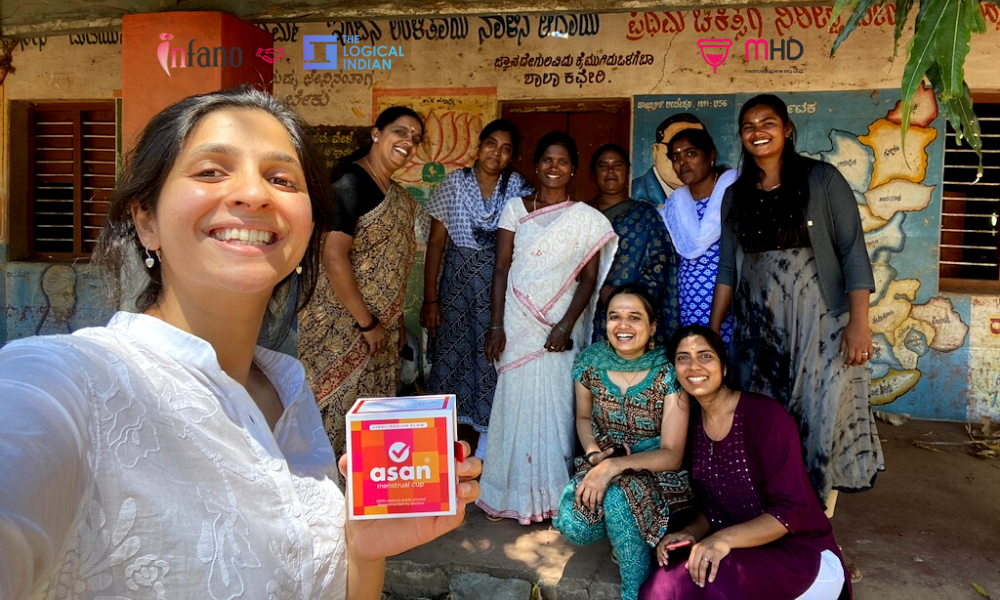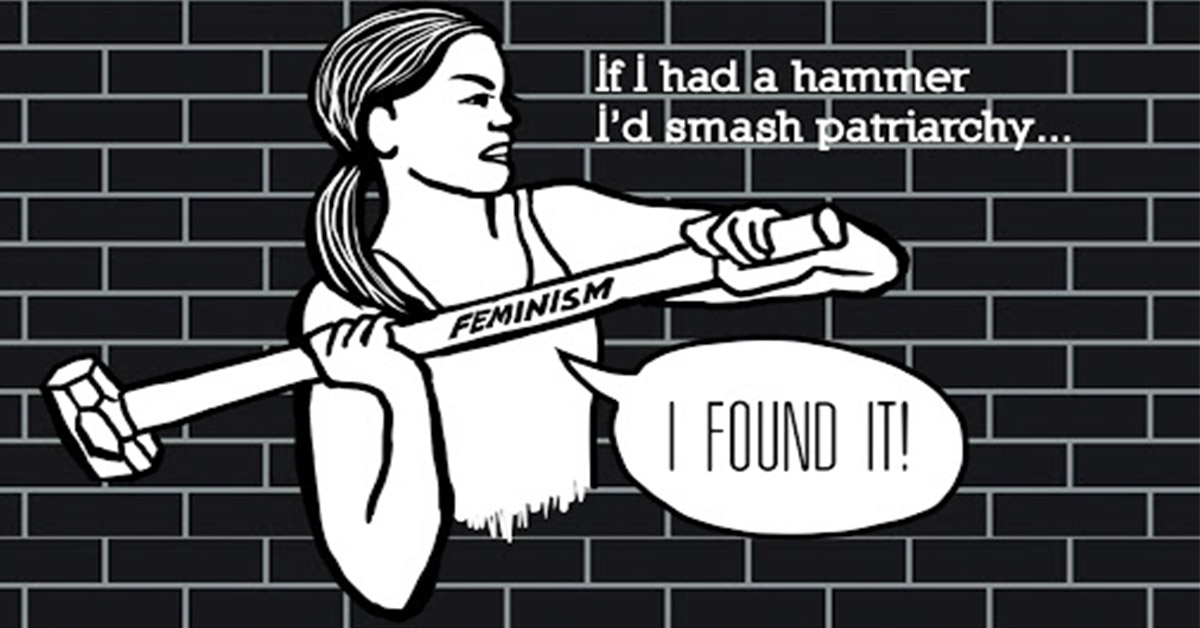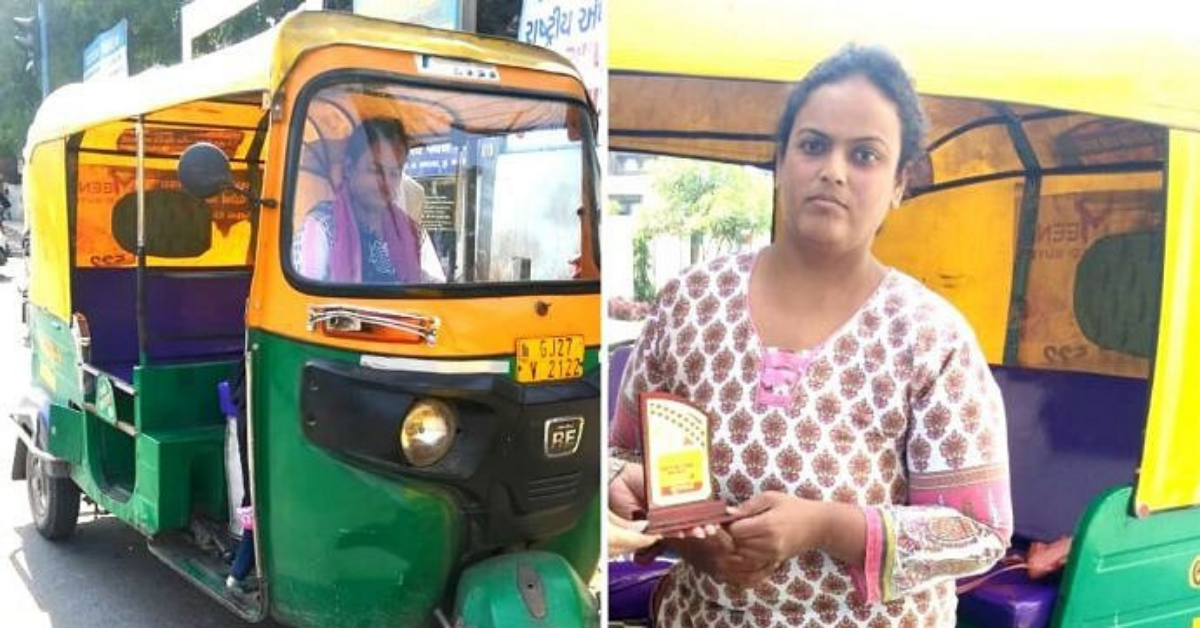It took me 5 years, 3 sabbaticals and 2 cities to leave my job and do what I always loved to do! And while I’m pushing myself through it every day, trying to sustain on the varying amount of pennies that I earn, I know that I’ve got a long way to go.
Leaving a full-fledged career and great salary is not easy but as they say, ‘nothing comes easy’ when it’s about your dreams and passion!
Today I’m introducing you to some divas who decided to chuck their wonderful career to build their own empire and follow their entrepreneurial dreams.
Neha Nagpal
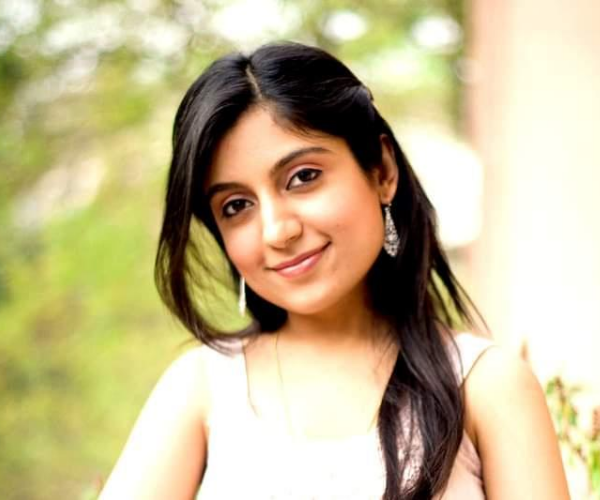
Kolour Theory is Neha’s passion turning into a profession. “I was inclined towards art and craft from a very young age. My mother was an incredible artist, and I believe I’ve inherited this talent from her,” she says.
Neha’s creations are handcrafted and have an absolute exclusivity to it. From colourful luxury candles to upcycled antique rotary phones, she loves thinking out of the box and creating something different.
There’s a burst of colours in her work. She feels things that are bright & colourful and can instantly make you feel good and cheerful. From sourcing raw materials, painting/ making the final product, product photography, handling her social media pages to shipping the products, she is a complete one-person army.
Her future plans include introducing a variety of products and diversifying into accessories too.
Priya Sivaraj
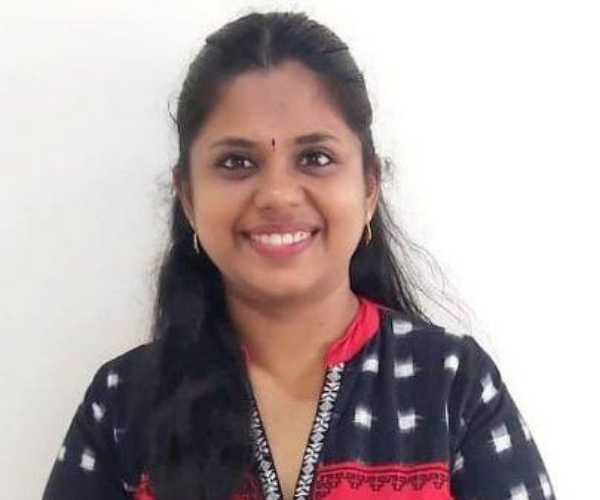
Priya is a software engineer turned craftpreneur who is into manufacturing and importing craft supplies.
She left her corporate job to take care of her son after he turned three, turning her hobby into a profession.
“I am a passionate crafter, and I’ve tried almost all sorts of craftwork. At present I manufacture creative pieces under the brand name CrafTreat and export them,” says Priya.
She plans to make more innovative designs for Indian Crowd as well as for the International one. Her brand is also regularly featured on HOChanda TV, which is a channel showing international crafting brands.
Kunjal Karaniya
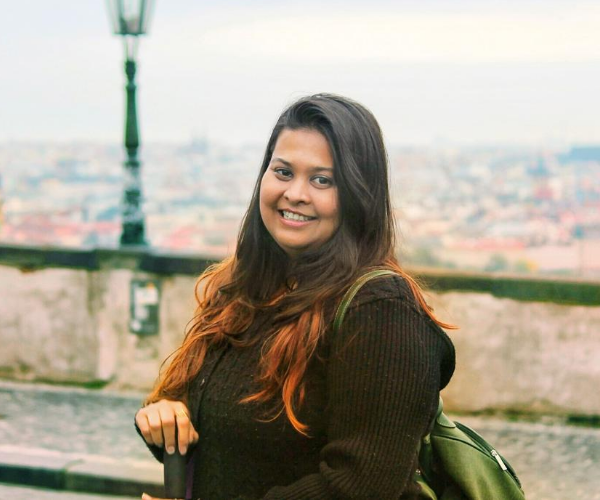
A journalist by profession and a road tripper at heart, Kunjal considers herself a travel nut, passionate photographer, travel blogger, journalist and not just a dreamer! She decided to quit her job after working for a decade.
She turned her passion into a profession by starting a boutique travel company, Unplugged Moments, almost three years back. It is in customized travel planning and crossborder self-driven road trips in Europe.
She has explored 35 countries and is still on the run to add a few more unforgettable journeys in her list. Her company has catered to more than 100 clients to date.
“We are designing unique travel plans for the domestic crowd looking at the situation alongside international travels,” she says.
Rishika Agarwal
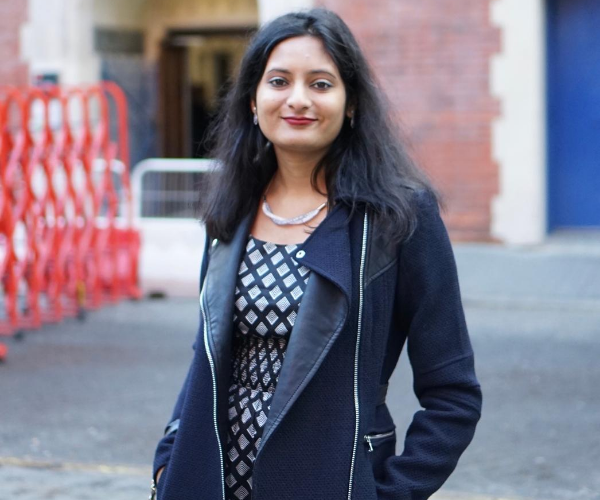
After facing issues during her own wedding, Rishika & her spouse Navam, a next-gen couple-preneurs, introduced an app by the name WedHaven that aims to make weddings fun by simplifying the tasks at hand.
Designed in the’ pre-COVID’ era, the features offered by this application are creating ripples in present-day ‘COVID-19’ intimate marriages.
WedHaven helps the users in streamlining numerous tasks via technology. From creating a digital wedding to providing the details for each event along with the invitations, timings, venues, real-time updates, etc., it simplifies the workload and lets the couple enjoy their wedding.
In the COVID times, the app is simplifying the tasks of planning the weddings, accordingly making lists and inviting a certain number of guests as allowed under the guidelines by the government. Numerous additional features, including the tracking of RSVP status of the guests, have been added recently to this wedding-simplifying app by their creators.
Shraddha Fogla
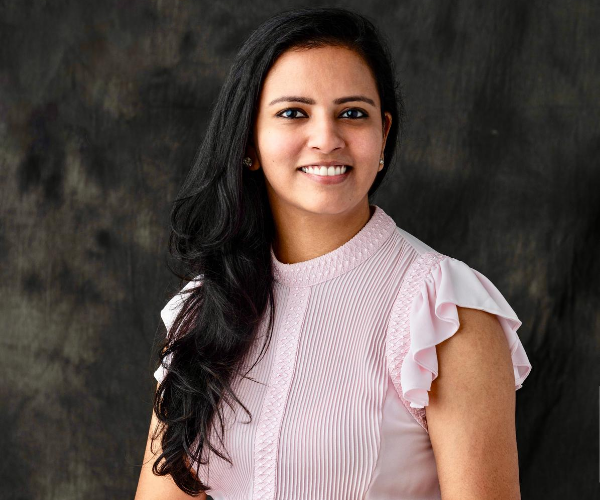
A connoisseur of information when it comes to children, Shraddha, started 2monkeysandme an year ago.
It is a one-stop digital space for active parenting and for utilizing children’s learning and development process to its whole. It is about sharing expert advice with the mothers so they can make well-informed decisions for their children, and stay inspired enough to teach their kids through fun learning from tried and tested techniques of experts.
Majorly focusing on kids of age group 6 months to 9 years, the platform develops and performs tested at-home activities, games, science experiments, and DIYs and speaks about a vast resource of raising non-fussy eaters.
Their homeschooling module(s) consists of various activities, experiments, worksheets, and printables for a child’s effective and easy learning. With homeschooling, Shraddha plans to adopt the culture of distant learning where online consultations to parents and proper learning & education to the children can be provided.
Gwenda Schobert
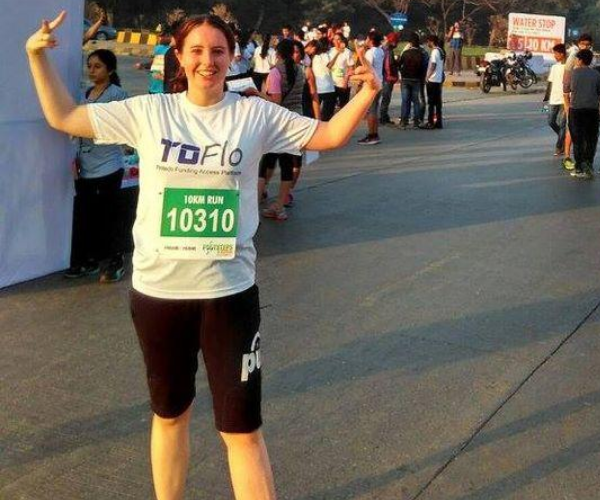
Gwenda is a German citizen and a first-generation entrepreneur who started her own business in Mumbai in her 20s.
She runs a marketing agency called Enspireco that turned four during this lockdown.
“While working with several startups and small businesses, I realized the struggles of being a young first-time businesswoman. To help and support other women entrepreneurs like me, I am also starting Enspireco Business Club, which would help other ladies in improving their network, business, and passion for work,” she says.
In our new series, ‘Passion To Profession’, we introduce one woman entrepreneur every week and share their journey, their business and their goals. Stay tuned for more inspiring stories & email/ tag us if you want to share one! #PassionToProfession

